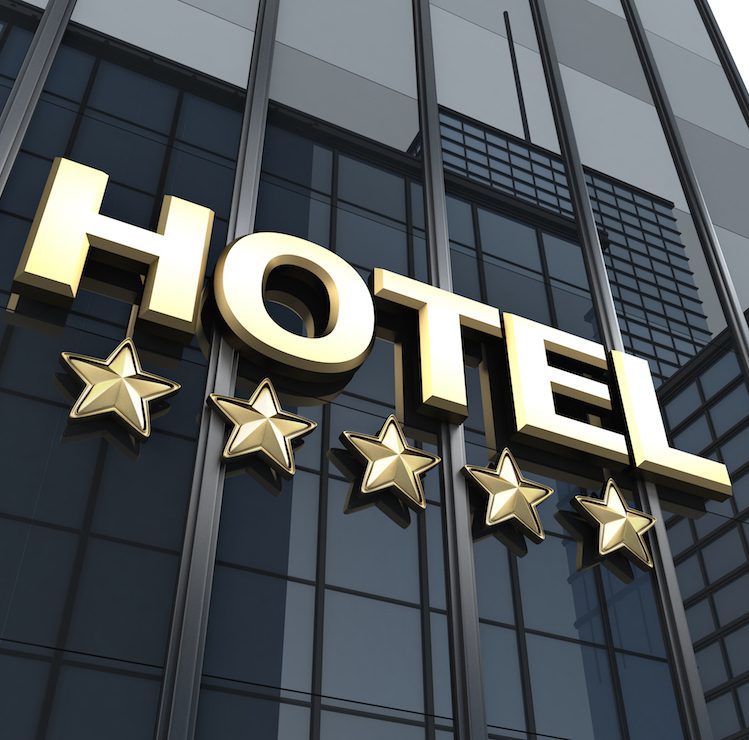June 21, 2016
You know the statistics-
- 93% of travelers worldwide say online reviews have an impact on their booking decisions
- Hotel guests read 6-12 online reviews before booking
- Trip Advisor branded sites make up the largest travel community in the world, reaching 340 million unique monthly visitors.
But what are you doing about it? Many companies think they have a hold on their online reputation, but there is always more you can do improve your connection with your guests. Yes, we said it…connection. Online review channels give you a way to affect change in public perception. If done correctly, guests and potential guests will likely see you as caring, compassionate and guest oriented – exactly what you want for someone who is deciding where to book a hotel.
Here we will give you the basics, as well as some things you may not have thought of:
- Claim your business
- Visit the review channel website (i.e.: Trip Advisor) and submit a request to claim your business
- Make sure all parts of your business are claimed- spa, restaurants, lounges and retail outlets. Don’t forget to search for those one-off listings that someone may have created for your business!
- Sign up for email notifications from online review channels. You will receive emails the moment someone leaves you a review
- Monitor, monitor, monitor!
- Timeliness is key with online reviews
- Obviously the key is to prevent the guest from leaving the review in the first place with a great experience, but things happen and people often share their feedback on the review channels. If a review does happen. Guests can leave reviews while they are still staying at your hotel – or eating at your restaurant. If you are monitoring appropriately, you may be able to address the issue within minutes. Talk about quick, reactive customer service!
- Don’t just respond= communicate!
- Whether the review is good or bad, the guest leaving that review is a human- and they appreciate the human element, not a stiff response
- Connect with the guest. Both in your public response and/or your direct message, just like you would do with a guest in front of you or on the phone, you want to be genuine and compassionate.
- It is not what you say, it is how you say it:
- Always stay true to the “voice” of your company!
- When a review is negative- don’t come across as defensive! Often times people responsible for responding to reviews will naturally become defensive trying to prove why the reviewer is wrong and/or lying.
- When a review is positive, point out specific points you appreciated their thoughts on. Be careful not to come across as robotic with the typical “We are happy you enjoyed your stay. Please come again soon”.
- Be proactive! Educate your teams on Yelp, Trip Advisor, etc.
- Train each department on the general information on review channels, why positive reviews are important and why negative ones can affect the overall goal of the hotel.
- Share important reviews, trends, etc. during departmental meetings
- Present key issues during Executive Team meetings and work to resolve them – the negative reviews will keep showing up!
- Remember most reviews can be stopped before they happen!
In short, online review channels are not going away. The channels like Trip Advisor and Yelp will continue to grow and change. In fact, the online communication space overall is going to expand tremendously with an increase in messaging apps like Facebook Messager, WhatsApp, WeChat, etc. These apps facilitate direct interaction between brands and their customers. Now more than ever online reputation management is important – but you must also

Destination
Hospitality
Online
Public Relations
Social Media